What do you think?
Rate this book


256 pages, Hardcover
First published January 1, 1890
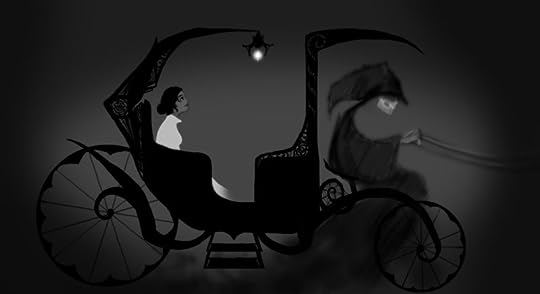
There is no frigate like a book
To take us lands away,
Nor any coursers like a page
Of prancing poetry.
This traverse may the poorest take
Without oppress of toll;
How frugal is the chariot
That bears a human soul!
Success is counted sweetest
By those who ne’er succeed.
To comprehend a nectar
Requires sorest need.
Not one of all the purple Host
Who took the Flag to-day
Can tell the definition,
So clear of Victory
As he defeated – dying –
On whose forbidden ear
The distant strains of triumph
Burst agonized and clear!
If I can stop one heart from breaking,
I shall not live in vain;
If I can ease one life the aching,
Or cool one pain,
Or help one fainting robin
Unto his nest again,
I shall not live in vain.
I'm Nobody! Who are you?
Are you –Nobody – too?
Then there's a pair of us!
Dont tell! they'd advertise - you know!
How dreary – to be – Somebody!
How public – like a Frog –
To tell one's name – the livelong June –
To an admiring Bog!
***
Much Madness is divinest Sense –
To a discerning Eye –
Much Sense - the starkest Madness –
'Tis the Majority
In this, as All, prevail –
Assent – and you are sane –
Demur – you're straightaway dangerous –
And handled with a Chain –
***
I had no time to hate, because
The grave would hinder me,
And life was not so ample I
Could finish enmity. That beckoned it away!
Nor had I time to love; but since
Some industry must be,
The little toil of love, I thought,
Was large enough for me.
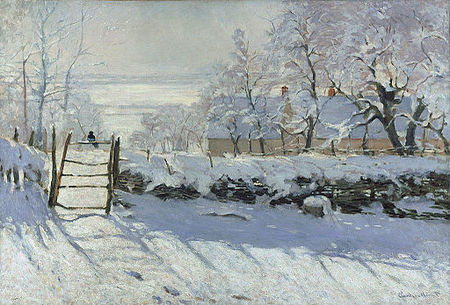
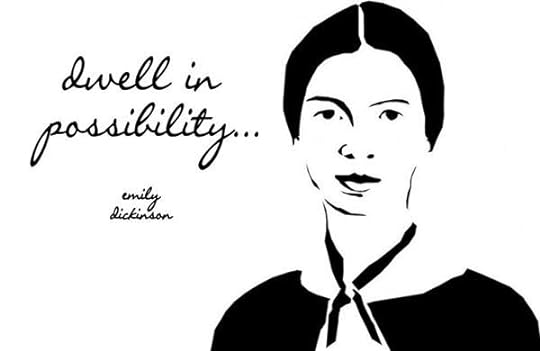

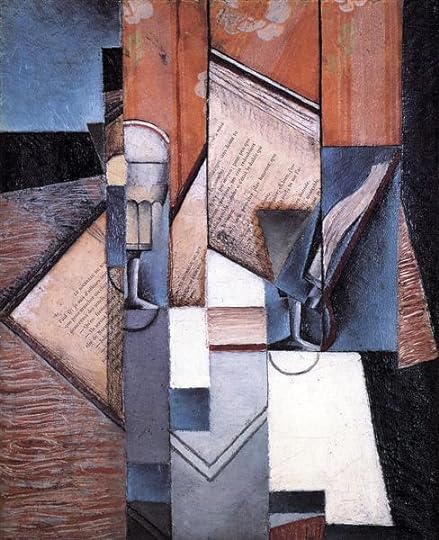
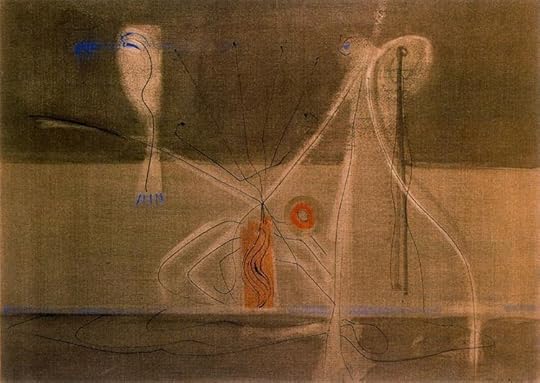


I died for beauty, but was scarce
Adjusted in the tomb,
When one who died for truth was lain
In an adjoining room.
He questioned softly why I failed?
"For beauty," I replied.
"And I for truth,--the two are one;
We brethren are," he said.
And so, as kinsmen met a night,
We talked between the rooms.
Until the moss had reached our lips,
And covered up our names.